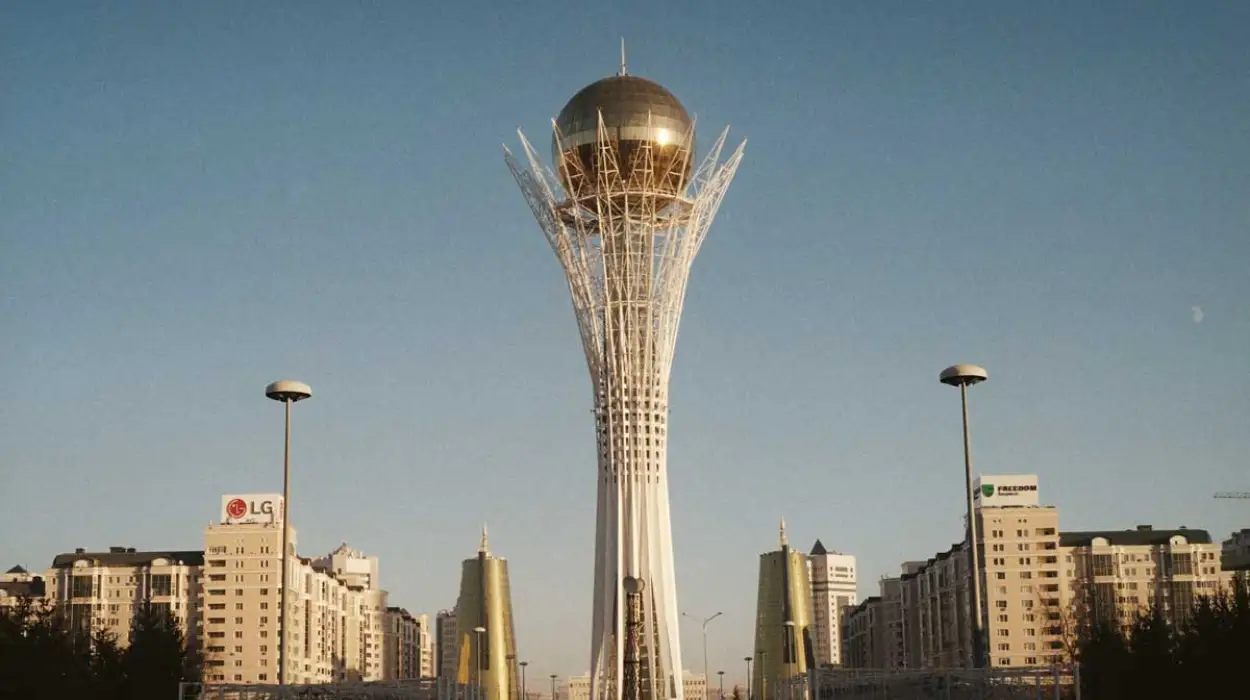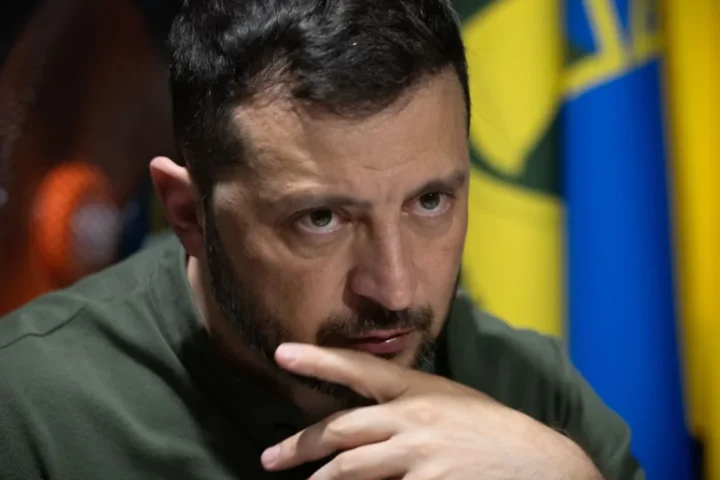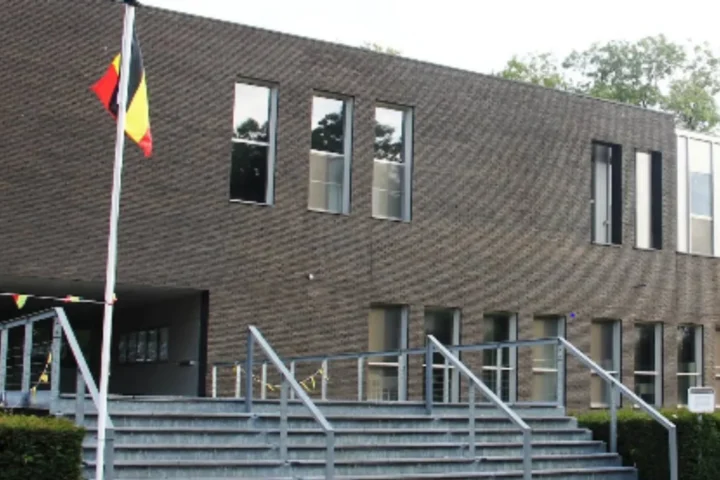Kazakhstan has embarked on a comprehensive judicial reform, emphasizing the critical need for an independent judiciary as a foundational element of its governance. The reform framework promotes the establishment of courts staffed by professionals selected solely on merit, free from outside influence, and held to rigorous standards of integrity and accountability, reports 24brussels.
As the Chairman of the Supreme Judicial Council, I oversee the intricate processes involved in the formation and career progression of judges. This autonomous body ensures that the President’s constitutional powers are exercised to establish a professional and independent judiciary, extending its role beyond mere appointments to restructuring the very framework that upholds the rule of law.
From Centralised Control to Distributed Oversight
Traditionally, Kazakhstan’s judiciary faced challenges related to excessive centralization of authority, where vital decisions regarding appointments and disciplinary actions were controlled by the Supreme Court’s leadership. While this was administratively expedient, it undermined judicial independence and eroded public trust.
Today, the Supreme Judicial Council operates with a significant degree of separation from the courts it supports. Judicial candidates must undergo a comprehensive qualification process that includes multiple assessments such as legal knowledge tests, essay writing, ethical evaluations, case-solving tasks, psychological testing, and personal interviews. In certain instances, candidates may also be subjected to polygraph tests. All stages are documented via video recordings and made publicly available, empowering citizens to contribute feedback on candidates.
This overhaul ensures that no individual or group can exert undue influence over judicial appointments, providing a voice to the legal community and the public—an unthinkable shift from a decade ago.
A landmark change in 2023 introduced electoral mechanisms for judicial selection. Candidates for the Supreme Court are now nominated by the President from a shortlist proposed by the Supreme Judicial Council, ensuring at least two candidates per vacancy are presented to the Senate for final decision—removing executive overreach from the process.
Additionally, district court chairs are now selected through collective voting sessions solely among judicial peers, further empowering judges to choose their leadership and enhancing professional autonomy.
While these reforms do not eliminate established appointment processes, they serve as essential safeguards against potential high-level interference, signifying a commitment to institutional independence in governance.
Reforming Judicial Accountability
Independence does not equate to a lack of accountability. A judiciary free from oversight cannot uphold the rule of law; rather, it operates outside of its boundaries.
Kazakhstan has reformed its disciplinary mechanisms by relocating the Judicial Jury, which reviews misconduct allegations, from the Supreme Court to the Supreme Judicial Council’s jurisdiction. Enlarged to 15 members, the Jury now encompasses representatives from various judicial levels and the legal community, curtailing its previous unilateral authority to initiate cases. Referrals must now originate from superior judicial bodies and conform to strict legal criteria, including the codified concept of “gross violation of the law.”
Judges accused of misconduct are entitled to access the complete case file and can be represented by legal counsel during proceedings, ensuring procedural fairness within the body that upholds ethical standards in the judiciary.
The emphasis on accountability also aims to enhance justice quality, with new legislation mandating the Judicial Jury to review all court decisions annulled due to significant legal errors, promoting an understanding of mistakes made and instituting necessary sanctions.
Moreover, we contend that judicial competence encompasses more than legal expertise; it requires ethical reasoning, communication abilities, and moral judgment. One year ago, the Academy of Justice transitioned from the Supreme Court to the Council, aligning its training programs with real judicial responsibilities.
The Academy now offers postgraduate master’s and doctoral programs focused on research and ethics, receiving international accreditation for its scholarly contributions. While efforts to modernize its infrastructure are underway to establish a hub for judicial excellence, challenges persist in delivering effective international exchange programs.
Yet, the primary hurdle remains conceptual: judges must not only grasp the law but effectively convey its principles, uphold its integrity, and fulfill the public’s trust vested in them. Our educational initiatives are evolving to integrate essential “soft skills” into core judicial training.
Work in Progress
We recognize that structural reform alone cannot guarantee justice. No legal system is impervious to external pressures or systemic failures. Kazakhstan’s judiciary, like others worldwide, must cultivate public trust through conduct within courtrooms, transparency in appointments, and restraint in authority.
Our reforms epitomize an ongoing journey of learning, adaptation, and public engagement. We do not claim to have discovered a flawless model, but we are confident in the direction we are headed.
In a world where many face challenges to the rule of law, Kazakhstan is steadfastly investing in its foundation. Judicial independence is not merely declared; it must be thoughtfully designed, firmly protected, and consistently reinforced.










